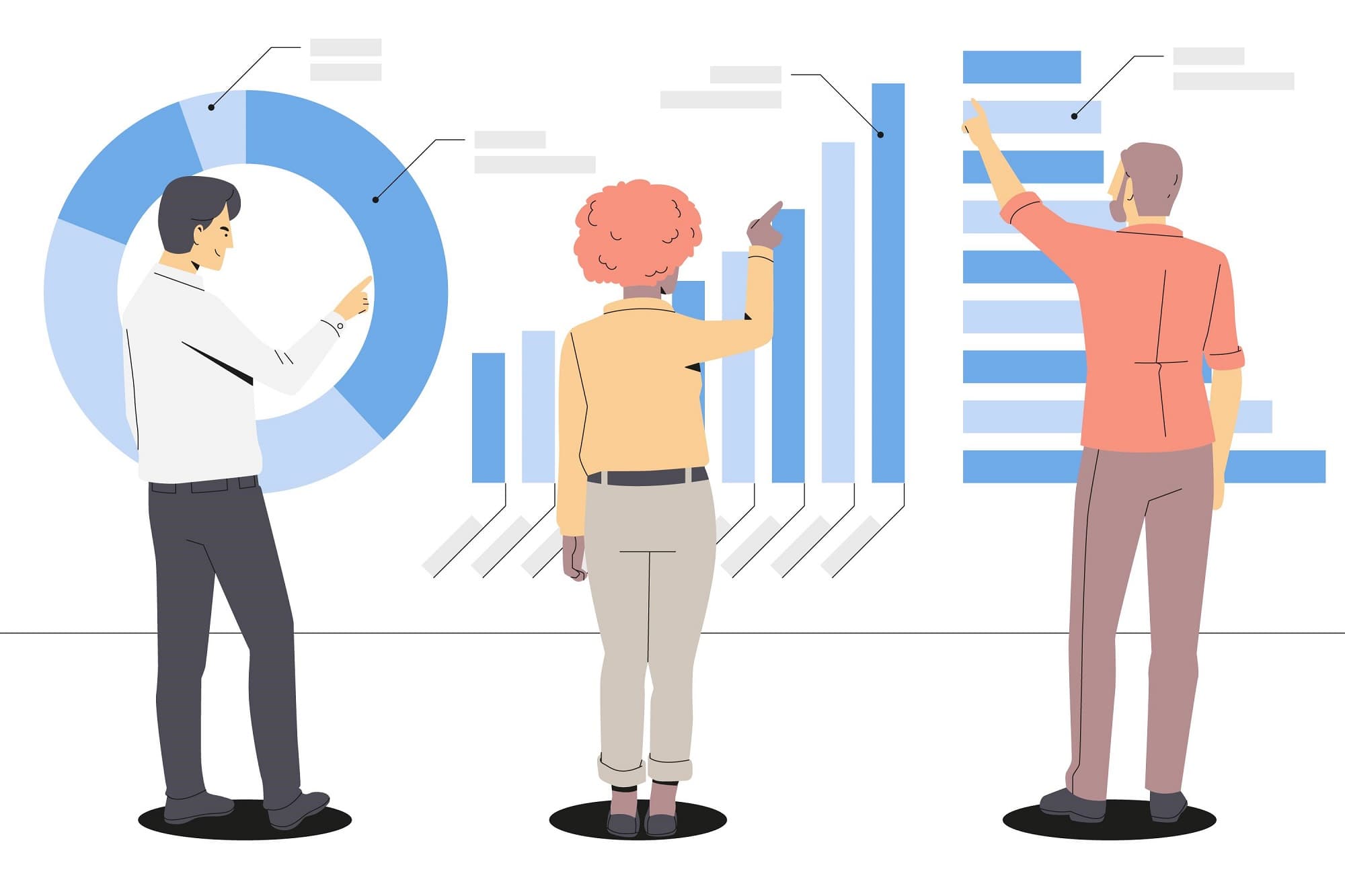
Why Retailers Need to Take Data-Driven Decisions
Data-driven decisions are decisions that are made based on the analysis of data. This data can come from a variety of sources, such as customer surveys, sales data, website analytics, and social media data. When making data-driven decisions, retailers use data to identify trends, patterns, and relationships. This information can then be used to make […]
Read More
Wholesale Marketing Strategies in 2023 for Manufacturers
Wholesale marketing is the process of promoting and selling products to other businesses, such as retailers and distributors. The goal of wholesale marketing is to generate sales and build relationships with wholesale customers. The global wholesale market grew from $45,672.51 billion in 2022 to $48,883.25 billion in 2023 at a compound annual growth rate (CAGR) […]
Read More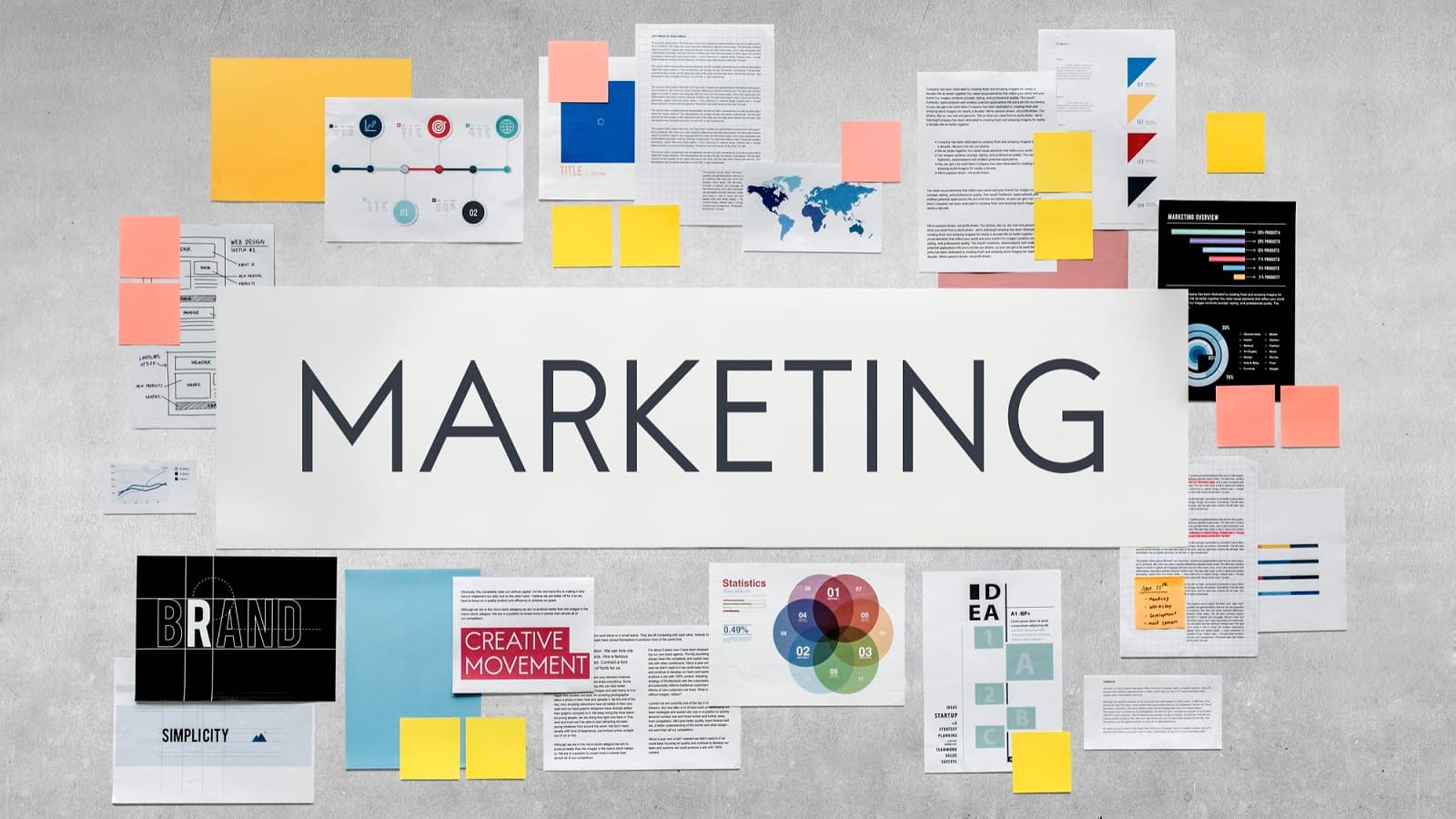
How to Create a Small Business Marketing Plan
A marketing plan is a written document that outlines a business’s marketing strategy and how it plans to achieve its marketing goals. It typically includes the following sections: A marketing plan is an important tool for any business, but it is especially important for small businesses. It can help small businesses to focus their marketing […]
Read More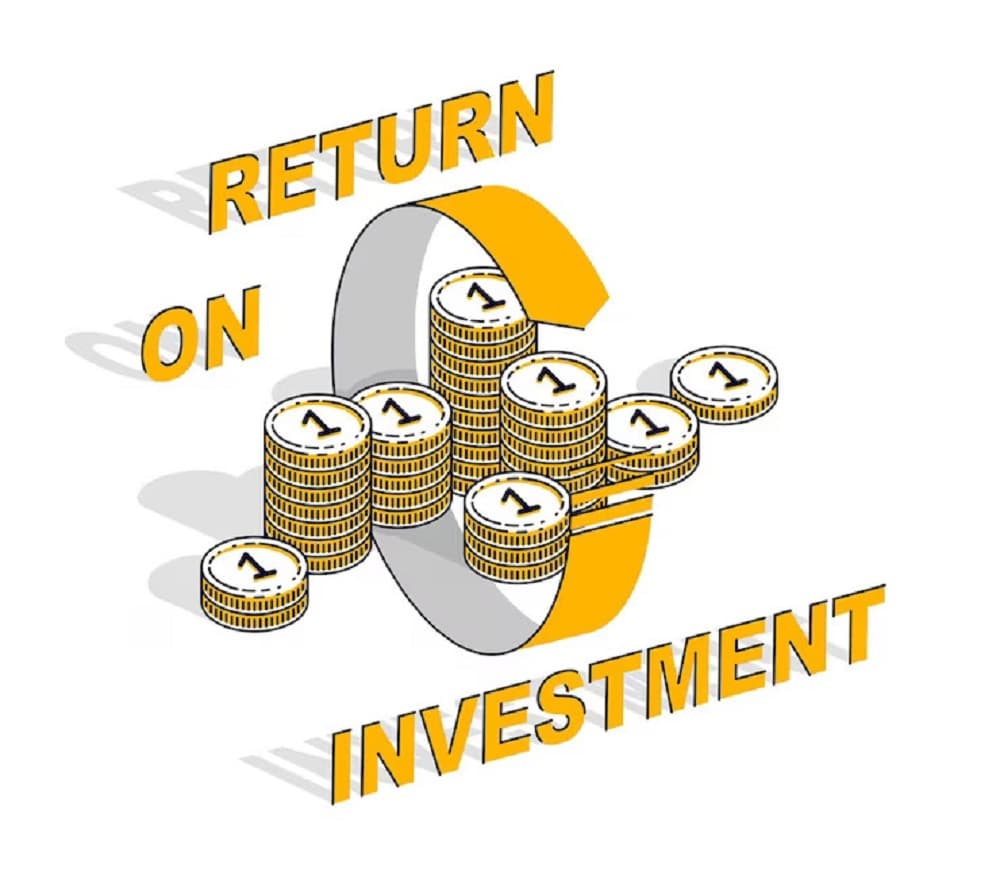
Return on Investment (ROI): Your Business’s GPS to Financial Success
Return on investment (ROI) is a measure of how profitable an investment is, compared to its cost. It can be used to compare different investments, or to track the performance of a single investment over time. The result is expressed as a percentage or a ratio. ROI formula: Example: Suppose you invest $1,000 in a […]
Read More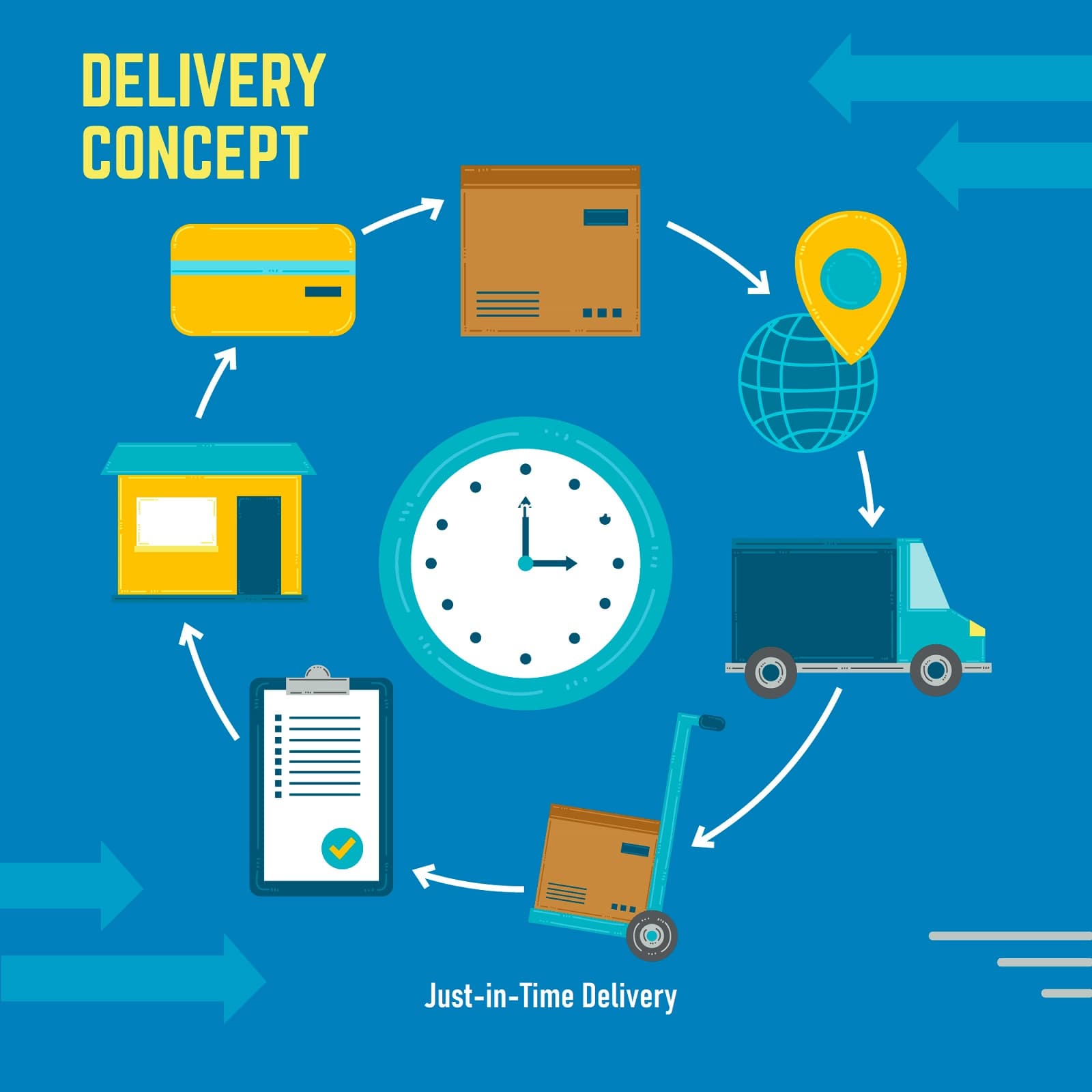
Just-in-Time Delivery: Benefits, Drawbacks, and Best Practices
Just-in-time (JIT) delivery is a supply chain management strategy in which goods are delivered to customers or production facilities only when they are needed. This eliminates the need to hold large inventories, which can save businesses money and improve efficiency. JIT delivery is based on the principle of demand-pull, which means that goods are produced […]
Read More
The Types of Inventory Loss and How to Minimize Your Risk
Inventory loss is the reduction in the quantity of inventory that a business holds due to unforeseen or unexpected circumstances. It can be caused by a variety of factors, including theft, spoilage, damage, and administrative errors. Inventory loss can have a significant impact on a business’s bottom line. It can reduce profits, increase costs, and […]
Read More
How Predictive Planning Can Help Your Business Succeed
Predictive planning is a data-driven approach to planning that uses statistical methods and machine learning to forecast future outcomes. It can be used to predict a wide range of variables, including sales, demand, inventory levels, production schedules, financial performance, and workforce needs. Predictive planning is important because it helps businesses to make better decisions in […]
Read More
5 Cost-Cutting Strategies to Improve Your Business’s Bottom Line
Cost-cutting is the process of identifying and reducing unnecessary expenses in a business. It is a common strategy used by businesses to improve profitability, especially during times of financial difficulty. There are many different ways to cut costs, such as reducing operating expenses, negotiating better deals with suppliers, improving efficiency, reducing inventory, and outsourcing non-essential […]
Read More
How to Forecast Demand for New Products
Forecasting demand for a new product, especially when you have limited or no historical data, can be challenging. However, there are a number of methods that you can use to get a good estimate of demand. One approach is to use qualitative methods. These methods rely on the judgment and expertise of people who have […]
Read More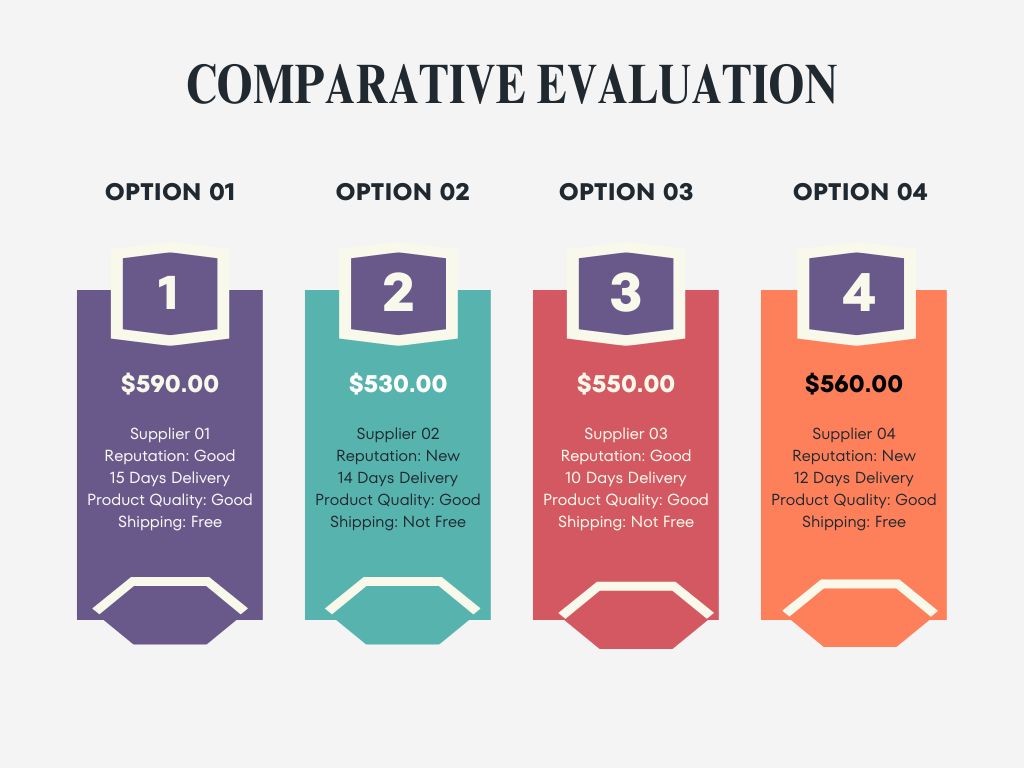
Comparative Evaluation Process Before Purchasing
Comparative evaluation is the process of comparing different products or services to determine which one is the best fit for your needs and budget. It involves gathering information about the different products or services, identifying your own needs and priorities, and then comparing the products or services based on your criteria. Comparative evaluation can be […]
Read More